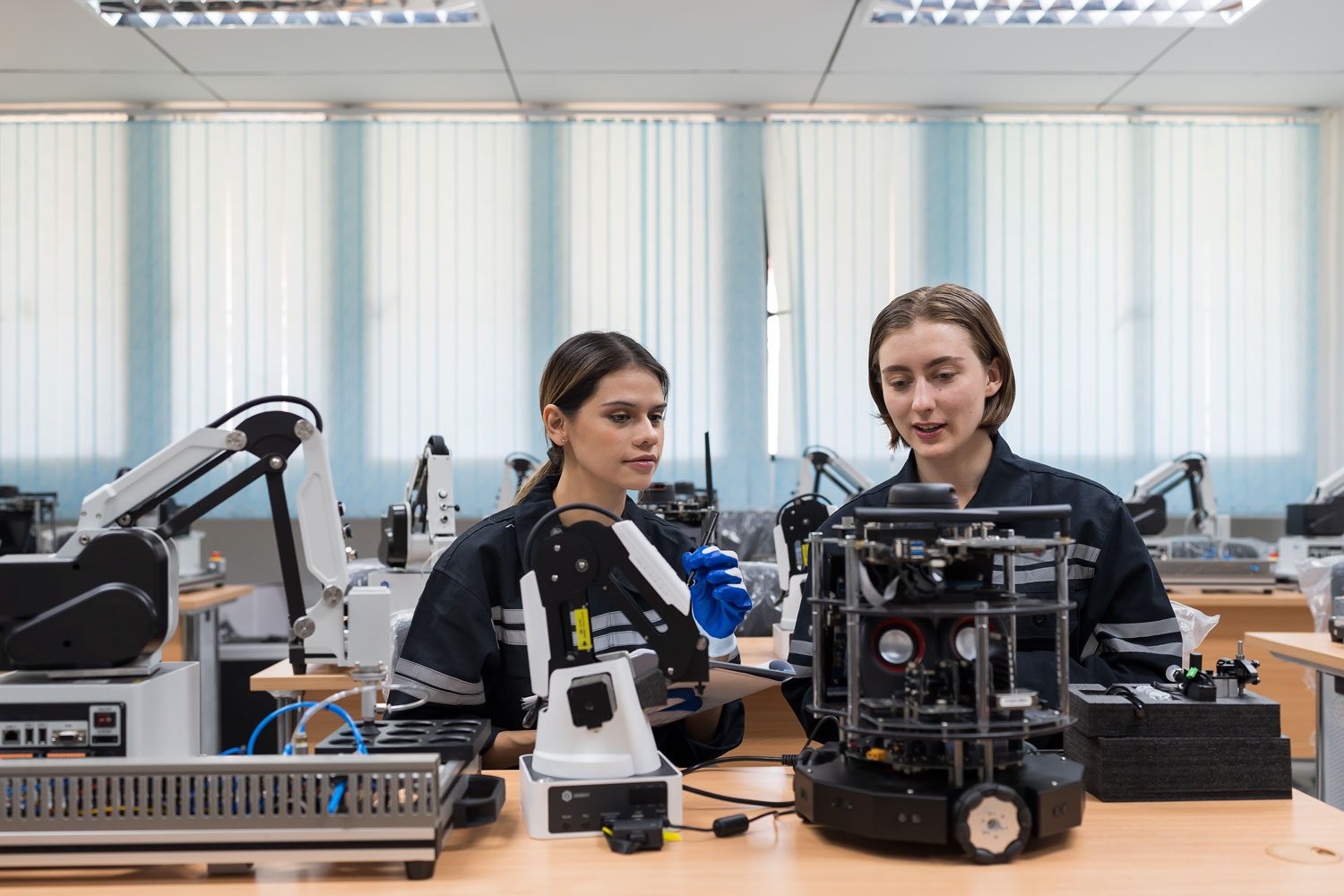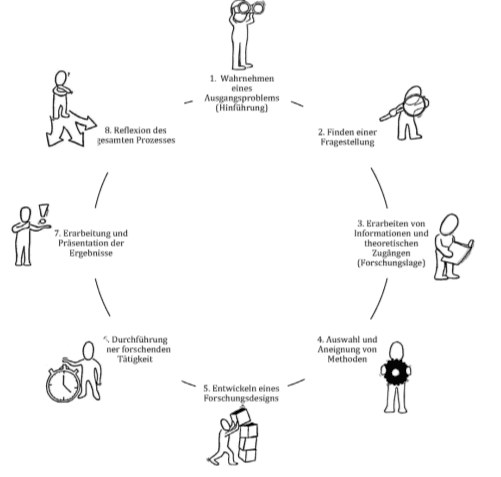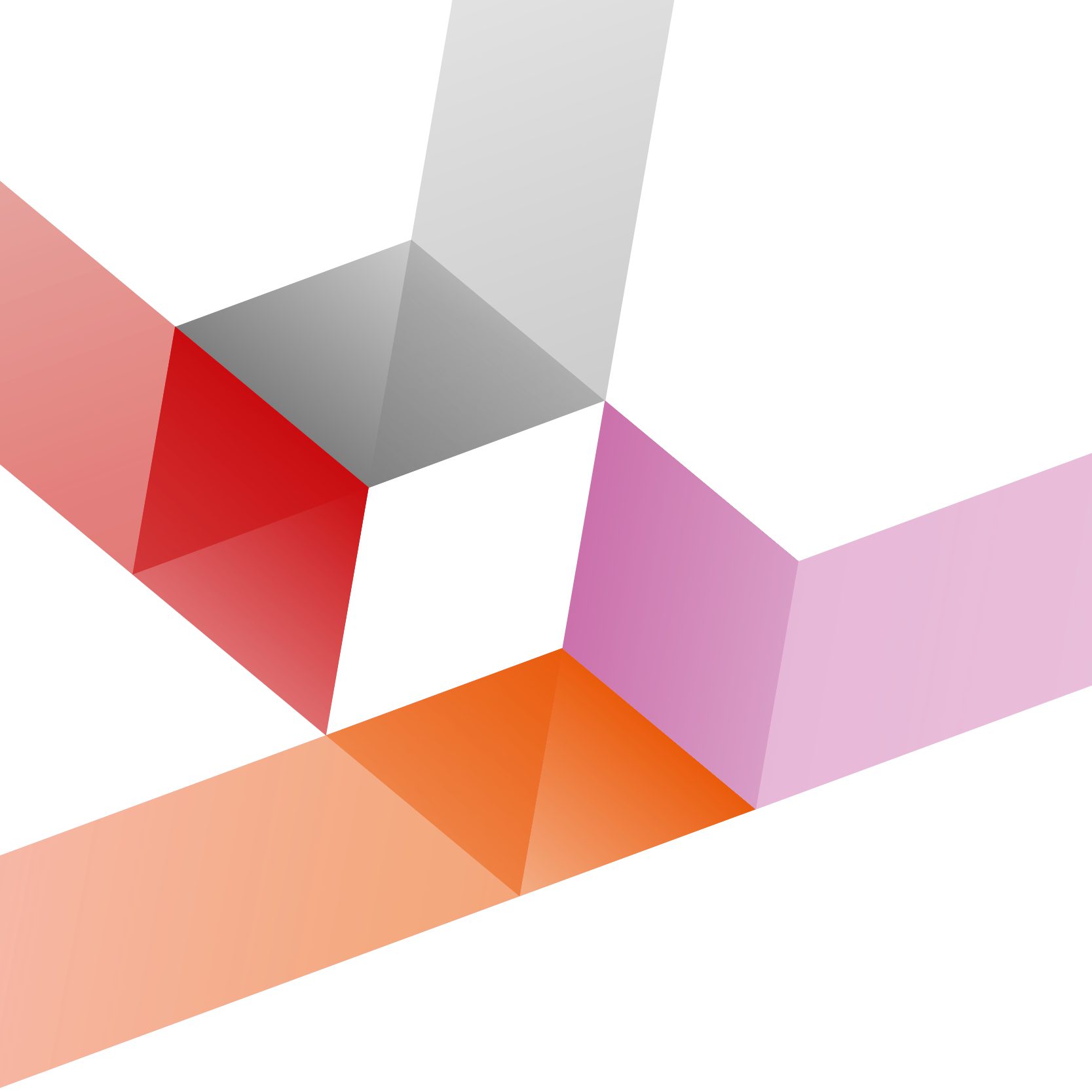Learning Through Research—Teaching and Research Combined
In research-based learning, students investigate subject-related research topics and gain insights that may also be relevant to others. Learn how to integrate research-based learning into your teaching in this post.

In a nutshell: What Constitutes Research-Based Learning?
Research-based learning is the link between research and teaching at a university. The focus is not on academic knowledge, but on action competence; distinct phases of the research process, in which students help to shape, experience and reflect, are essential elements and motivators.
In research-based learning, students generate their own cognition and question it. They develop the goals of their research project themselves and formulate their hypotheses. They choose their methods—with guidance and support from the teacher—and apply them to the respective inquiry. The focus is on findings that could also be relevant for third parties.
Didactic references
Further information and recommendations can be found here:
Any questions?
Feel free to contact us by mail to lehrpfade@th-koeln.de!
Good Practices
Links & Literature
Header-Bild: © ThisisEngineering RAEng/unsplash.com




